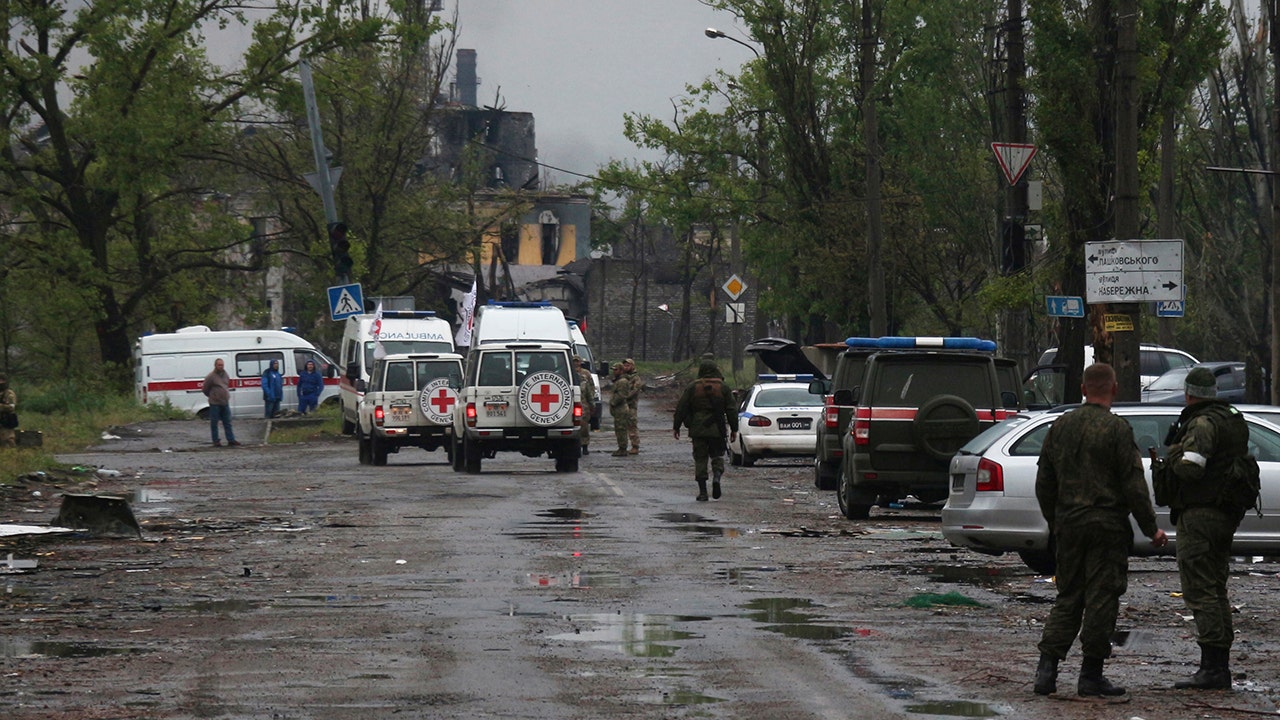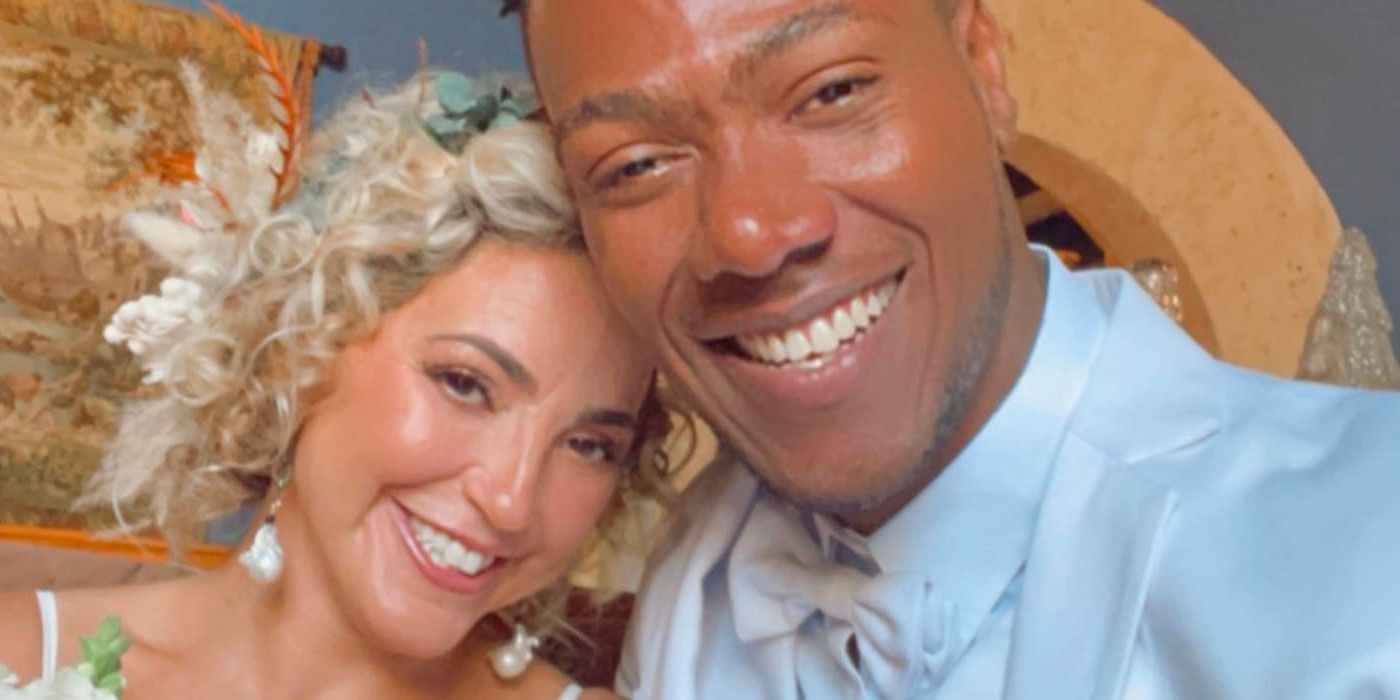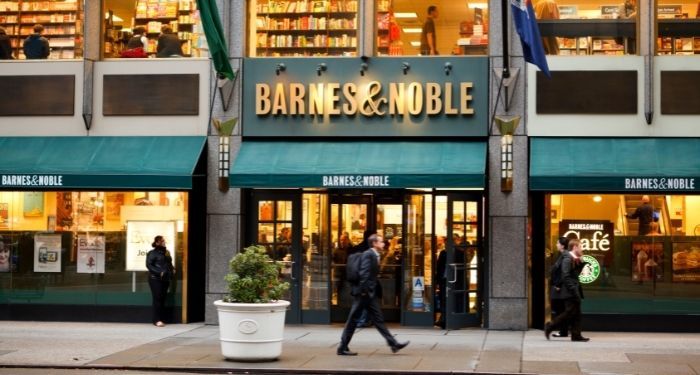In 2018, under the pouring rain in a tent on the beach, Cannes seemed, at long last, to be changing a decades-long pattern of misogyny.
Four years later, two of the promising women’s groups that sparked that change, Time’s Up and its French corollary, Collectif 50/50, have imploded, imperiling the goals of their organizers and leaving a gaping void in advocacy for women at the festival.
That day in 2018, at an electric meeting attended by prominent industry feminists, including Cate Blanchett, Kristen Stewart, Ava DuVernay, Céline Sciamma, Rebecca Zlotowski, CAA agent Maha Dakhil and representatives from women’s groups in the U.K., Spain, Italy and Greece, the three male artistic directors of the festival signed a pledge to compile gender statistics on movies submitted to Cannes, improve transparency around selection processes and work toward parity on executive boards. Earlier in the week, inspired by the nascent #MeToo movement and the toppling of resident Cannes goblin Harvey Weinstein, the women had staged a dramatic march up the Palais stairs, and now were reaping the gains of months of organizing across international borders. As Sciamma looked out on the crowd, she declared, “It’s messy, but it’s fun.”
Sciamma had no idea just how messy things would get. Last year Time’s Up CEO Tina Chen resigned, and the organization dissolved its board after its leadership’s involvement in the attempted cover-up of New York Gov. Andrew Cuomo’s sexual harassment allegations came to light. In November, interim Time’s Up CEO Monifa Bandele, who had been brought on to help the group reset, resigned, and the organization laid off nearly all of its 25-member staff, promising yet another reset.
Meanwhile, in France this spring, a Black actress accused a white female producer on the Collectif 50/50 board of groping her at a party. Amid the fallout, which included a tense April meeting in a Paris cinema, the entire Collectif 50/50 board also resigned.
The resulting chaos has left a vacuum this year in terms of any kind of organized advocacy for women at the festival. Once again, female directors represent only 16 percent of the competition films, with just three of the 18 movies directed by women — Kelly Reichardt’s Showing Up, Valeria Bruni Tedeschi’s Forever Young and Claire Denis’ Stars at Noon. Cannes chief Thierry Frémaux said that out of the movies submitted for consideration, 25 percent had female directors — a number he is obligated to disclose because of the pledge he signed in 2018.
“The Cannes Film Festival still lags far behind, at times seemingly willfully so,” says Women and Hollywood founder Melissa Silverstein, who was one of the 82 women who climbed the Palais steps four years ago.
In the market this year once again are titles by men accused of sexual misconduct and assault, including two projects featuring Kevin Spacey and one from Luc Besson. And while there are countless brand-sponsored events at the festival that trade on actresses’ glamor, there is no grassroots organizing of the kind that rocked the festival in 2018.
In many ways, at Cannes this year, women are on their own.
“This movement is bigger than any organization or individual, and it’s up to all people who want different types of stories and storytellers to thrive to use their voices to stand up and speak out,” says Silverstein. “Especially when it is difficult.”
***
Le Ballon Rouge Day Care Returns to Cannes
Parents attending Cannes this year will find that a welcome feature has returned: Le Ballon Rouge, the subsidized daycare center backed by the Marché du Film, which premiered in 2019. “COVID could have killed the project,” says Aurelie Godet, a Berlinale programmer and one of the co-founders of The Red Balloon Alliance, an initiative organized around supporting work-life balance for people in the film industry. “But the market identified that it really answers a need, and there was no going back. It was too useful.”
This year, the day care is in a new, larger space that’s a 10-minute walk from the Palais, still supervised by nannies from the service Nanny Please, but with more room for a kitchen, changing tables and mats to serve children ages 6 months to 12 years between 10 a.m. and 6 p.m. Le Ballon Rouge also provides amenities for parents inside the Palais, including a baby lounge with space for nursing, and assistance getting free badges for children and nannies to visit parents. Fees start at 60 euros for three days of care.
To register for Le Ballon Rouge childcare, email redballoonalliance@gmail.com with proof of accreditation.






















































